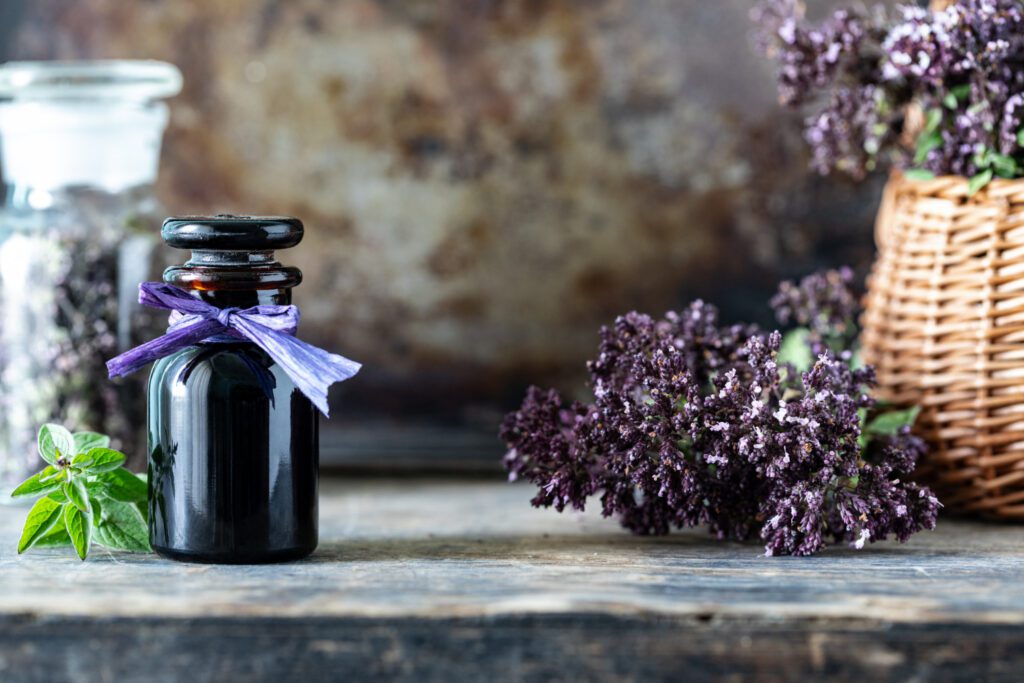9 Best Herbs to Help You Sleep Without Side Effects
Struggling to fall asleep or stay asleep? You’re not alone. Many people want natural ways to improve their sleep without relying on medications. That’s where herbs to help you sleep without side effects can be incredibly useful.
Looking for a natural way to rest? Discover gentle herbs to help you sleep without side effects. Safe, effective options for better sleep and relaxation. According to Healthline, herbs like chamomile, valerian root, and lemon balm can support restful sleep without harsh side effects.
1. Chamomile
Chamomile is one of the most well-known herbs for sleep. It’s often consumed as a tea before bed and is gentle enough for daily use.
- Known for calming the nervous system
- May reduce anxiety and mild insomnia
- Can be used as tea or in essential oil form

2. Valerian Root
Valerian root has been studied for its sedative effects and may help shorten the time it takes to fall asleep.
- Works by increasing GABA (a calming brain chemical)
- Often used in capsules or teas
- Best taken 1–2 hours before bed
Note: While effective, it may have a strong smell—don’t let that scare you away!

3. Lemon Balm
Lemon balm is a citrus-scented herb in the mint family. It’s gentle and often used for stress-related sleep issues.
- Helps reduce anxiety and promote calm
- Often combined with valerian or chamomile
- Can be taken as tea, tincture, or supplement
4. Passionflower
Despite its bold name, passionflower is a mild herb that may help you relax and fall asleep more easily.
- Supports deep sleep by boosting GABA
- Often used in teas or sleep blends
- Helps quiet racing thoughts at night
Bold tip: Perfect for overthinkers who struggle to turn off their minds at bedtime.
5. Lavender
Lavender is well known for its scent, but it also offers calming benefits when taken internally or inhaled.
- Can reduce heart rate and calm the nervous system
- Use as essential oil, tea, or sleep sachet
- Great for creating a bedtime ritual

6. Ashwagandha
This adaptogenic herb supports the body’s stress response and may help regulate sleep patterns over time.
- Ideal for those with anxiety-related insomnia
- Helps lower cortisol (the stress hormone)
- Comes in capsules, powder, or tea
It may take a couple of weeks to feel full effects, but it’s gentle and well-tolerated.
7. Holy Basil (Tulsi)
Holy basil, or tulsi, is a staple in Ayurvedic medicine. It helps balance the body and promote emotional well-being.
- Naturally supports relaxation
- May help with hormonal and mood-related sleep issues
- Best enjoyed as an herbal tea in the evening
8. Hops
Yes, hops—the same ones used in beer—are also powerful sleep herbs when taken alone or with valerian.
- Mild sedative effect
- Supports deeper, more restful sleep
- Usually used in tincture or capsule form
Bold tip: Don’t worry—no alcohol is needed to get the benefits!
9. Magnolia Bark
Magnolia bark is lesser-known but effective for reducing nighttime anxiety and improving sleep quality.
- Helps regulate melatonin levels
- Often used in traditional Chinese medicine
- Available in powder, capsule, or extract form
How to Use Herbs Safely for Sleep
Here’s a quick guide to using herbs to help you sleep without side effects:
- Start small – Begin with a low dose or mild tea.
- Be consistent – Many herbs work best over time.
- Pick one or two – Don’t combine too many herbs at once.
- Choose your form – Tea, capsules, tinctures, or oils.
- Check for interactions – Always consult your doctor if you’re on medication or have a health condition.
Conclusion
When it comes to finding herbs to help you sleep without side effects, the options are both soothing and simple. From chamomile to magnolia bark, nature has given us gentle ways to rest. Just remember: consistency, safety, and relaxation are key.
FAQ: Herbs to Help You Sleep Without Side Effects
1. Can I take sleep herbs every night?
Yes, many herbs like chamomile, lemon balm, and tulsi are safe for nightly use. Still, take breaks every few weeks to reassess.
2. How long do herbs take to work for sleep?
Some work within 30 minutes (like chamomile), while others (like ashwagandha) may take a few days to weeks.
3. Can I mix different sleep herbs?
Yes, but stick to 2–3 at a time. Many blends already combine valerian, passionflower, and chamomile.
4. Are sleep herbs safe for children or older adults?
Some are, like chamomile and lemon balm. Always talk to a healthcare provider before giving herbs to children or seniors.
5. What’s the best way to take these herbs?
Herbal tea is the most relaxing method, but capsules or tinctures are great for convenience.

I wish to express my passion for your kindness for men and women that absolutely need help on in this area. Your real dedication to getting the message across had been surprisingly good and have really helped those like me to attain their objectives. Your entire valuable tips and hints implies so much a person like me and additionally to my office colleagues. Thanks a ton; from all of us.
Pingback: How to Sleep After Drinking Too Much Alcohol: 7 Helpful Tips